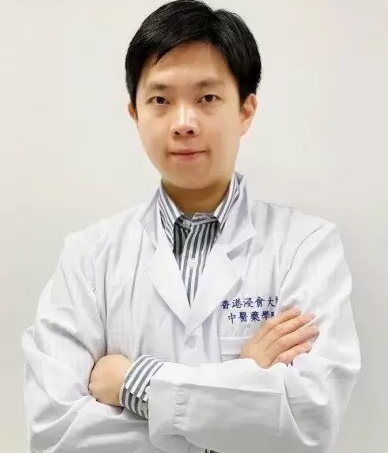Xavier Wong's Lab
My research has focused on the biology of aging, from the basic mechanisms in biogerontology to clinical translation. Normal and neoplastic cells are surrounded by a non-cellular three-dimensional macromolecular network that not only serve as a structural platform for cell adhesion, but also exerts complex effects on cell differentiation and function.
My research primarily focuses on the characterization of the proteolytic enzymes that control extracellular matrix remodeling during growth and development, inflammation and cancer. As the regulation of proteinase expression underlies various important biological processes, elucidating these fundamental processes is crucial for our understanding of cell behavior within the confines of the extracellular matrix encountered in both physiological and pathological conditions.
Another area of research interest has focused on the role of host-microbe interaction in gastrointestinal and metabolic diseases. The microbiota in the gut can be viewed as an additional human organ system, comprising a multitude of cells, genes, and metabolic pathways, which performs crucial functions in health and diseases. We are studying the interplay between the mammalian host and its microbial counterpart. The human meta-organism has evolved as a unity of both eukaryotic and prokaryotic cells, and we are exploring the mechanisms by which this co-evolution has led to homeostatic host-microbial mutualism. By applying new insights into the molecular machinery that control these programs, the ultimate goal of my research is to identify novel targets and therapeutics as potential interventions in metabolic and other age-associated diseases.
My research on metalloproteinases and their targets in the regulation of cell signaling yielded new insights into previously unappreciated/unrecognized mechanisms underlying energy intake, metabolic homeostasis and human health, laying the framework for new fields of research investigating the microenvironmental regulation of developmental processes, tissue homeostasis and disease pathogenesis.
In addition, my research has contributed to microbiome research by unraveling aspects of the host-microbiome crosstalk and elucidating the microbiome ecosystem within the host and microbiome-mediated molecular mechanisms, paving the way forward in the era of microbiome-based personalized medicine.
